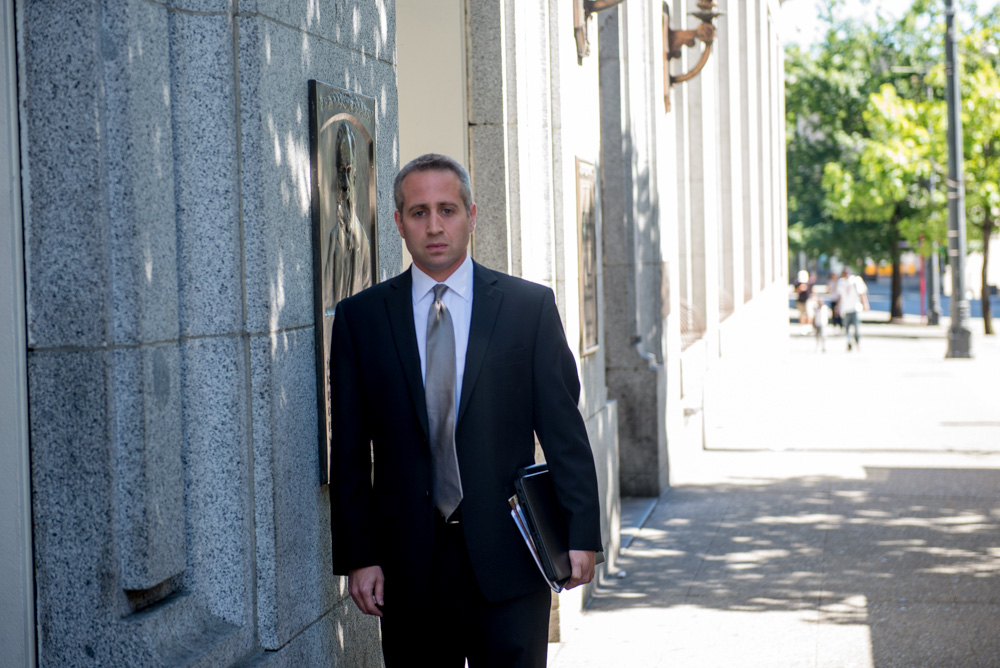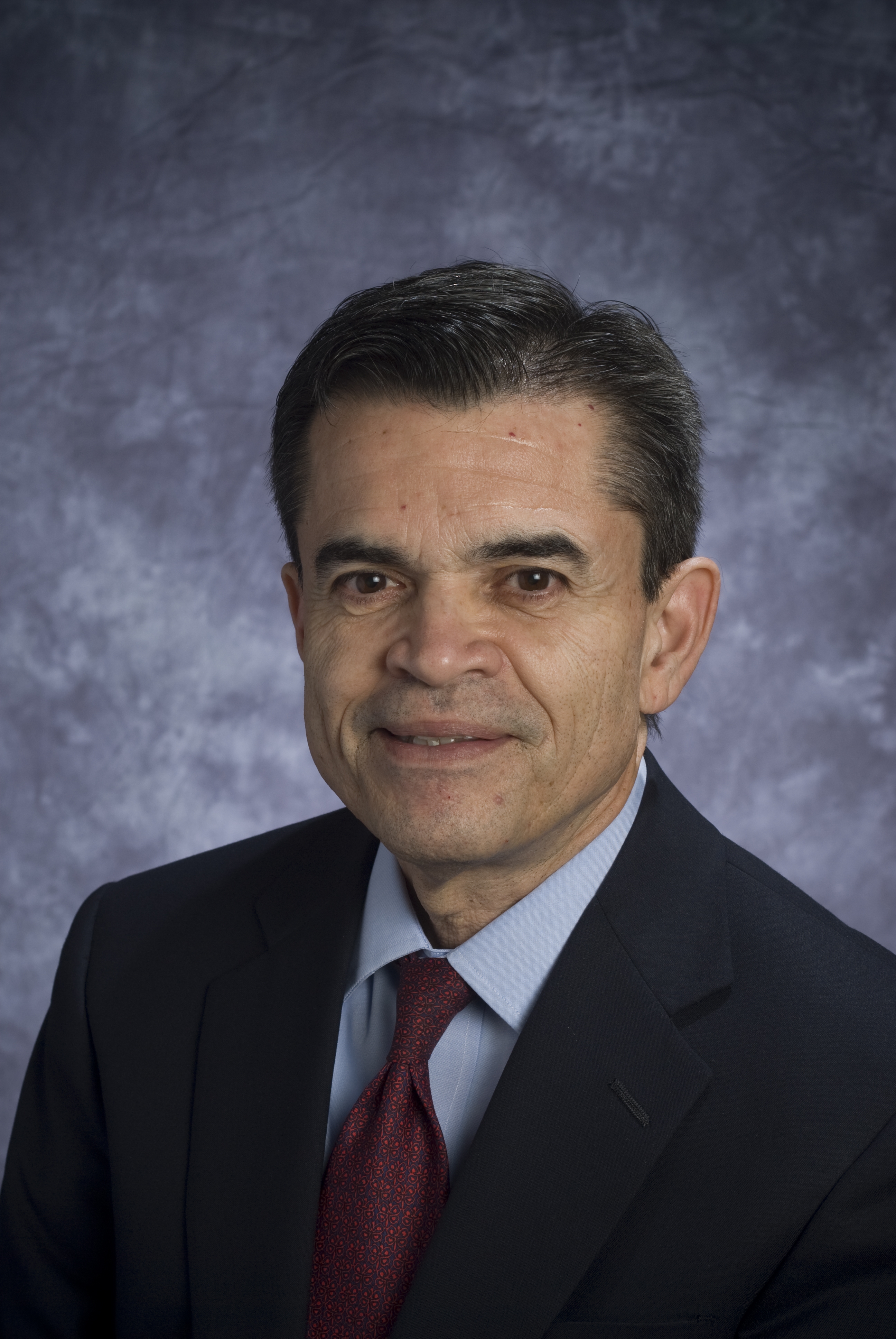A growing number of people are using the intricacies of federal law to turn the tables on their creditors—and the collection agencies those creditors employ. You can now add Seattle attorney Mark Arthur’s name to that list. He’s suing the 800-pound gorilla of the student-loan industry, Sallie Mae, for what he alleges were dozens of illegal phone calls.
The Telephone Consumer Protection Act of 1991 prohibits debt-collection services from using autodialers to contact debtors who haven’t already provided them with contact info. According to the lawsuit, the Federal Communications Commission concluded in 2008 that receiving automated calls is more annoying for customers than calls from actual humans. That’s why the agency prohibited debt-collection services from using them unless the debtor has given consent.
Arthur, a Seattle University Law School alum, says he received around $25,000 in loans from Sallie Mae to help cover his school costs. He graduated in 2003, and afterward fell “slightly behind” on his student-loan payments.
“Like a lot of lawyers, the economy hit me hard,” he says. That’s when his voice mail began to fill with messages from his creditors. Arthur says he never gave his cell phone number to Sallie Mae. Nonetheless, he’s received dozens of robo-calls from entities identifying themselves as Sallie Mae Corp. Now he’s suing for $500 for each call received that violated the TCPA, plus another $1,500 per for damages.
His case is part of a class-action suit filed earlier this week, handled locally by the firm of Terrell Marshall & Daudt, along with firms in San Francisco and New York. Any one of Sallie Mae’s estimated 10 million customers who have had a similar experience can join the suit. So, debtors, your ticket to semi-financial security awaits.
Asked to comment, Sallie Mae spokesperson Martha Holler said: “This case is an issue about consent—and when and how it is given. We strongly disagree with the plaintiff’s novel interpretation of current requirements. Our policy is to comply with the TCPA, and we intend to vigorously defend this matter.”







